Claire Webber
Executive Officer of the South Australian Sardine Industry Association
UPDATE: 5 APRIL 2024
Women are an important component of the seafood industry and their hard work deserves recognition. They contribute to the sustainability, profitability and successful operation of our commercial fishing and the seafood supply chains and the value that diversity brings to our industry.
Currently, it is estimated that just 24% of the Australian seafood industry’s workforce are women. Increased participation of women in the industry will build a more diverse, skilled workforce, ready to tackle the emerging technological, environmental, and economic challenges to ensure the efficient management and security of the seafood industry.
Sharing insights and stories from our industry will help to inspire the next generation of women. Women in Seafood Australasia Vice-Chair and South Australia Director and former AFMA observer, Claire Webber, shares her thoughts on the importance of female participation in the industry.

Current role and brief background in the maritime industry
Being raised in Port Lincoln, the Seafood Capital of Australia, definitely influenced my decision to study for my Bachelor of Administration (Marine Resources), which is a Fisheries Management degree.
Then I moved to New Zealand and worked for the Ministry of Fisheries as an Observer. I would verify catch independently of the vessel, collect data to underpin the quota management system, undertake marine mammal and bird observations and collect samples from catches for the extension of scientific understanding of New Zealand’s unique marine ecosystems.
I generally worked a roster 50 days on, 50 off on board large deep-sea trawlers fishing a number of species including orange roughy, hoki, blue whiting, squid, mackerel and hake. These expeditions took me all over New Zealand from the Chatham Rise to the Challenger Plateau and the Auckland Islands.
Often, I was the only female and English speaker on board, and it was a real culture shock, but I had a sink or swim moment when I thought to myself ‘the NZ government thinks you can do this, so get on with the job’.
During my time off I would often fly back to Australia to work for the Australian Fisheries Management Authority as an observer on demersal and pelagic long liners.
Working as an observer gave me a wide range of fisheries to work across. My interest in fishing drove my desire to cover as many different gear types and species as I could, as there are never two vessels or trips the same! Moving around different ports was an awesome way to see NZ and Aus and gain an understanding of the unique fishing culture of each town (and vessel).
One of my favourite places to fish out of was Sydney. The Sydney Fish Market is right there, with wholesalers, retailers and customers right on the dock, so you can see the entire supply chain at work in close proximity. Also, heading out fishing, we would pass under the Sydney Harbour Bridge and through the harbour – it was unreal.
The biggest challenge I faced as an Observer was not gender related, it was my ability to get seasick every.single.trip! I had to work very hard to manage motion sickness on the job, and thankfully there are some great medications to help with this.
After finishing up my time as an Observer I took some time to travel abroad and around Australia, where I worked as a deckhand in the East Coast Prawn and Scallop Fishery out of Bundaberg, QLD.
From 2009, I took on the role as the Research and Liaison Officer for Australia Southern Bluefin Tuna Industry Association. I was heavily involved in hands-on operations in the aquaculture industry. This included management of the research projects, industry data collection on fish health, water monitoring and environmental conditions, licencing and policy, advocacy, marketing, and industry promotion.
Today, I am the Executive Officer of the South Australian Sardine Industry Association. This fishery is Australia’s largest by volume and I work closely with a fleet of 12 purse-seiners.
The role extends my advocacy skill set as I need to really understand the factors influencing skippers and licence holders’ ability to efficiently and sustainably go fishing in order to achieve the management objectives of the fishery.
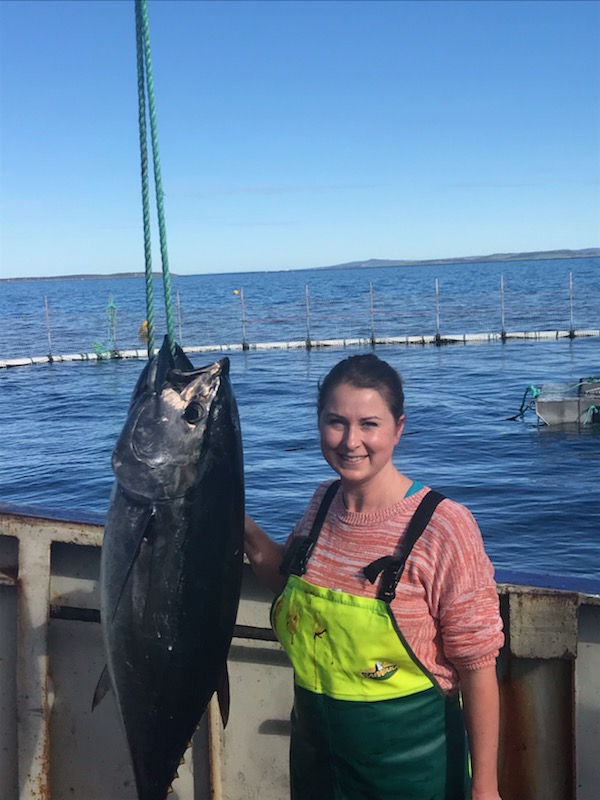
“Women will often come to a role with different responsibilities and life experiences to men. This can mean their approach and attitude to work is different and this difference makes them an asset to a maritime workforce that is predominately male.”
– Claire Webber
Q&A
How did you become interested in a career in the seafood industry?
The fishing industry in Port Lincoln is male-oriented and it didn’t really enter my head that I could work on a boat as I could not see any women role-models. In year 12, my school offered marine biology as a subject and that’s when I started thinking about further study in the maritime sector. I realised that women in this industry were not unheard of – in fact there should be more of us!
What do you enjoy most about your job?
The diversity of the role – working on a tuna harvest one day, cutting up guts for scientific sampling on another, meeting dignitaries at a luncheon, data entry and reporting – there’s such a variety of work to do.
What are your career highlights?
Working on the Russian trawlers was a character forging experience and helped me to develop resilience. I was awarded the National Seafood Young Achiever Award at Seafood Directions in 2015, so that was a great highlight.
What motivates you each day?
An urge to contribute and be an active member of society. I don’t want to be on the sidelines and producing sustainable, healthy food is an incredibly respectable profession.
Who are your female role models?
Olivia Newton-John and funnily enough the fictional character Dr Quinn Medicine Woman. These women were an inspiration to me in childhood and beyond. They role model resilient and strong traits, whilst being at the top of their fields often facing huge challenges.
Politics aside, ex New Zealand Prime Minister, Jacinda Ardern is a modern-day example of a positive female role model, especially given the birth of her daughter during her time in politics. Jacinda and her partner are excellent role models for flexible parenting, which is crucial to female participation in the maritime workforce.
What would you say to women interested in joining the Australian seafood industry?
Try pairing education with practical experience, as the experiences you have on the job are just as valuable as a qualification, or in some circumstances more so!
~~//~~
CLAIRE WEBBER – RESEARCH AND LIAISON OFFICER, AUSTRALIAN SOUTHERN BLUEFIN TUNA INDUSTRY ASSOCIATION (2017)
BACKGROUND
I was not raised in a fishing family, but I did grow up in the fishing town of Port Lincoln, South Australia, Southern Bluefin Tuna capital of the world and home of Australia’s largest fishing fleet, located on the tip of the Eyre Peninsula, AKA the “Seafood Frontier”.
My Dad, a kiwi born in Apia, schooled at Whangarei Boys and qualified Agronomist from Canterbury Uni married my mother, a physio from Adelaide, after they met on a short bus trip from London to Bombay. They decided Port Lincoln was a nice place to raise a family, and they were right!
Growing up in Port Lincoln definitely influenced my perception of working in the seafood industry in a way that made it a very tangible career choice. Many of my friend’s parents and siblings had jobs in fisheries or aquaculture (be it mostly the men).
But what young kid wants to stay in their regional hometown when there is a world to explore…. Right? So, after a gap year working in the south Wairarapa (they breed ‘em tough at Lake Ferry!) I moved to Tasmania to study at the Australian Maritime Collage.
After graduating with a Fisheries Management degree in 2006, I was back over the ditch in Petone temping at the Sika glue factory, whilst applying for every available position at the Ministry of Fisheries (apart for compliance, ugggh who wants to work in compliance???).
Eventually I got a gig, a foot in the door I had to take… even if the prospect of going to sea for 40 days at a time on board Russian crewed factory trawlers was confronting.
MAFF COMMERCIAL FISHERIES OBSERVER
My time working as an observer with MAFF was character forging, and it played a big part in the making of the person I am today.
- It taught me how to deal with and relate to fishermen;
- Provided me with insight to a ‘fisher’s mentality”;
- Showed me how to work on a vessel and what hard work was;
- Taught me how scientific sampling is applied in commercial scenarios;
- Assisted me in developing resilience and ethics due to the challenges and seclusion involved with working for the Government on large, predominantly male crewed, foreign speaking vessels for months at a time.
My smartest move was to go and work at sea on commercial fishing vessels as a Fisheries Observer very early in my career. The role was tough and isolating (as others had warned). Over time I discovered my ability and willingness to do the hard yards, and once I found my confidence, I loved the job!
MOVING FORWARD
There is a huge diversity of jobs in the seafood industry, suiting all personality types and skills. Developing relationships with people who share a passion for the seafood industry and working closely with growers/fishers to improve production outcomes is very rewarding. Compared to other agribusiness, aquaculture is still a relatively young and developing industry. I can see the sector continue to expand into the future, which is exciting! This is especially true in locations such as South Australia and New Zealand, as we have pristine ocean environments underpinning productive and thriving commercial fisheries and aquaculture.
There are so many discoveries to be made in terms of aquaculture development and future possibilities. We are only 25% along the learning curve. On land, we are into 5th generation farmers while most aquaculture enterprises are less than 50 years old.
My university training, coupled with at sea experience, set me up well for my current role at the Australian Southern Bluefin Tuna Industry Association as a Research and Liaison Officer. My role facilitates open communication and healthy engagement between research & education institutions, government, community and industry.
Working with scientists, government and industry definitely keeps me on my toes! The diversity of tasks within my role keeps me engaged and challenged. I could be taking fish samples on vessels, conducting lab work at the Lincoln Marine Science Centre, submitting paper work to the state government, updating the website, writing Fisheries Research and Development Corporation reports, or coordinating beach clean ups. My job has a good balance of science, practical and administrative work. I also get to interact with a wide variety of people with a similar passion for the seafood industry.
As is the case for many people, getting this role was a matter of being in the right place, for the right job, with the right skills and training, at the right time. When I took on the role over six years ago I had no idea how many opportunities it would create for me. Learning about law and economics, as well as biology, communication and practical fishing, knife and vessel safety skills helped me get to where I am today.
Obtaining the necessary skills and qualifications will open doors and give you confidence. Once you develop a passion for seafood, there is no stopping!
The seafood industry is a very dynamic place to work. The success of a season depends on so many elements coming together in your favour. A strongly united seafood industry is required for a prosperous future.
WOMEN IN SEAFOOD
Women have an important role to play in moving the industry forward and bringing a positive contribution to sustainable seafood production globally. Increasing the capacity of all women in seafood individually will result in a positive net contribution to the industry as a whole.
Women in the seafood sector have a unique ability to triumph in challenging situations. I think there are a lot of similarities between women working in seafood and women working on the land. These women help one and other and treat each other with considerable respect. The Women’s Industry Network Seafood Community is an example of this support system.
More women should consider a career in the seafood industry. Increasing the professional image of the fishing industry will encourage more females to seek a career in the fields of fishing and aquaculture. Getting capable women in to head roles, such as Directors or CEOs will encourage greater female participation and a gender inclusive culture within the sector.
CURRENT ROLES AND ACHIEVEMENTS
- Rotary Primary Production Group Study Exchange: 2016 Scholarship to Washington State, USA and British Columbia, Canada;
- Director, OceanWatch Australia Board;
- Recipient of the 2015 Australian National Seafood Industry Young Achiever Award;
- Member of the Women’s Industry Network, Seafood Community & South Australian Women’s Industry Network;
- Participant in the National Seafood Industry Leadership Program (2011);
- Member of the Australian Aquatic Animal Welfare Committee;
- Profiled as a Woman Influencing Agribusiness (PIRSA).
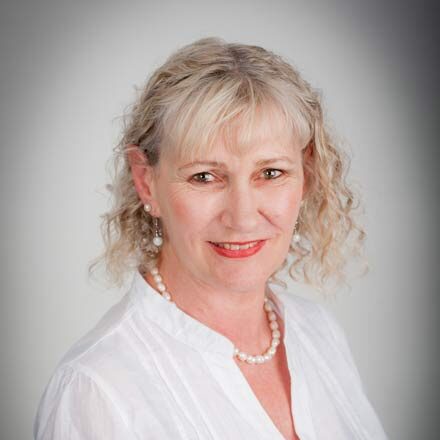
By Donna Wells

FinestKind Limited
137 Vickerman Street,
Port Nelson, New Zealand
Phone: +64 3 545 6964
Mobile: +64 27 243 1282
Email: donna@finestkind.co.nz
Web: www.finestkind.co.nz
More Women in Seafood
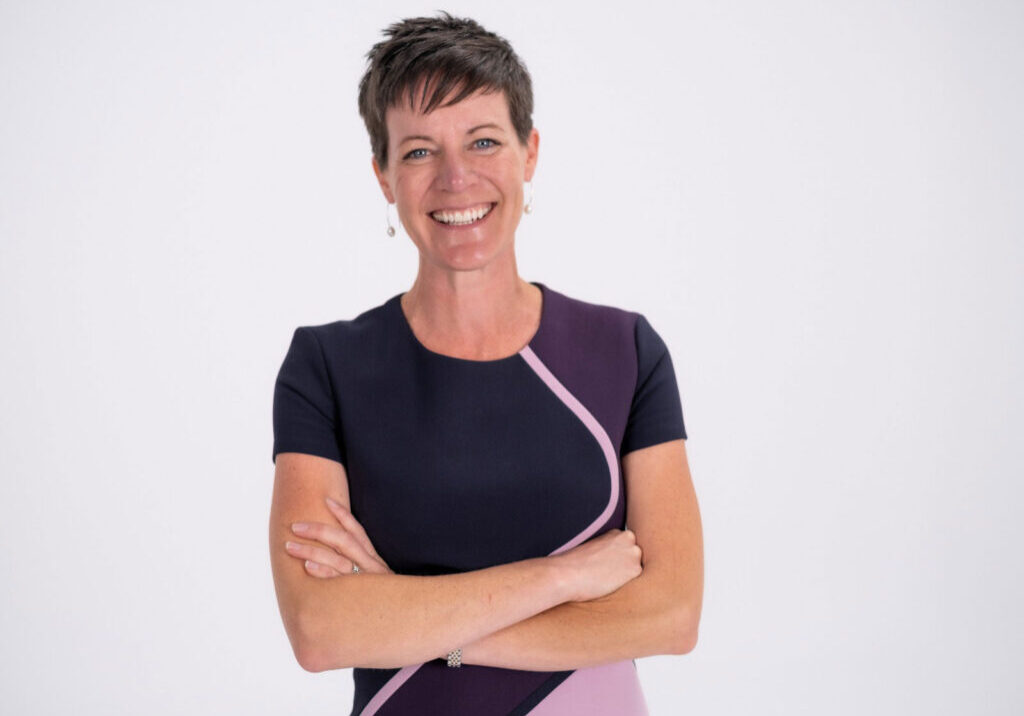
Jodie Kuntzsch
JODIE KUNTZSCH – UPDATE 2024 Like many in the seafood industry, my career path has been shaped by a deep-rooted passion for the ocean and a commitment to driving positive change in the way we interact with it. Over 20 years ago, I first arrived in New Zealand and into the world of fisheries and…
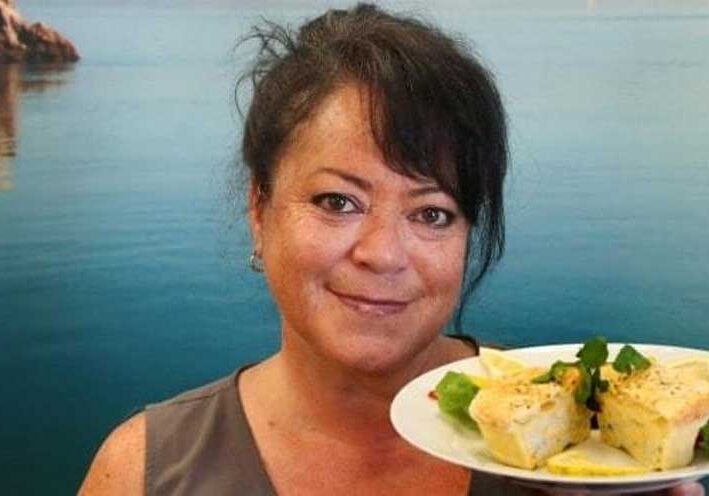
Reni Wereta-Gargiulo
Kiwi Kai Reni Wereta-Gargiulo, Owner and Business Manager Profile Update: March 2024 Humble beginnings and a love for Kai brought my father’s beautiful Raw Fish signature dish to the forefront of our Kiwi Kai business. Wind the clock another few years and Atutahi Natives is also an integral part of our business. Atutahi (my Koro)…
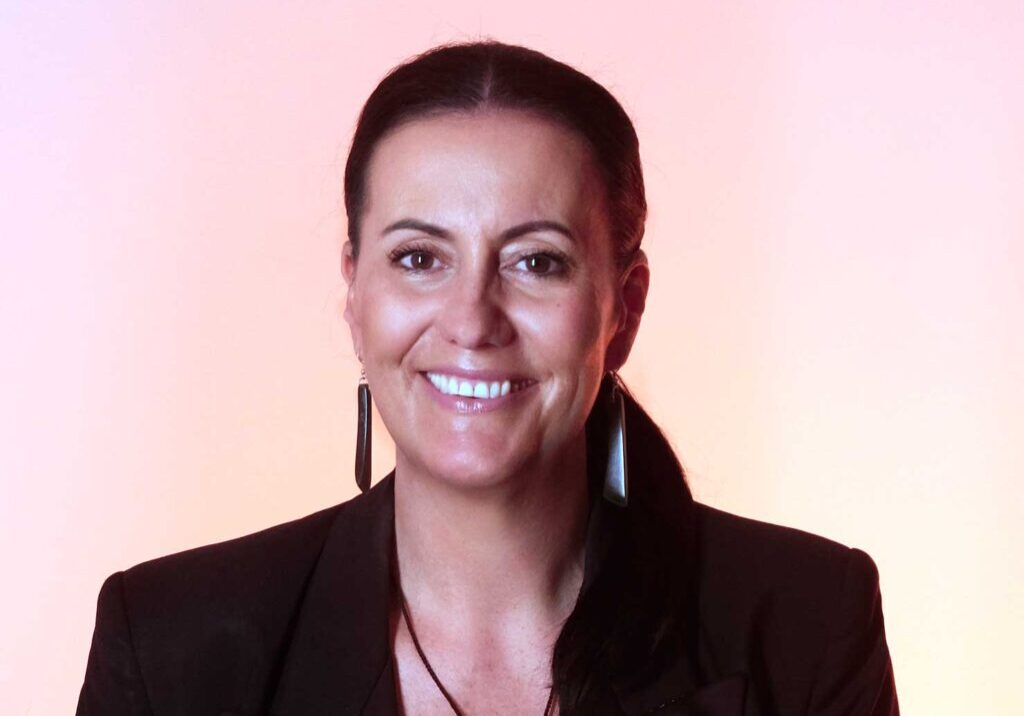
Rachel Taulelei
Rachel Taulelei (Ngāti Raukawa ki te Tonga, Ngāti Rarua and Ngāti Koata), CEO Kono NZ Profile Update: March 2024 Rachel is well known to the seafood industry and it’s been some years since we updated her story! But for those new to this wahine, she is a prominent business leader and a strong advocate for…
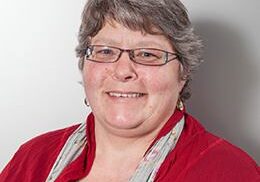
Carol Scott
Southern Inshore Fisheries Management Company Limited Carol Scott, Chief Executive Profile Update: March 2024 Carol Scott is a Graduate of the University of Tasmania and the Australian Maritime College, having worked as a Vessel Operations Manager, Resource Manager, Fisheries Extension Officer, a Technical Officer and former Women in Seafood Australasia (WISA) Director. Carol has 40 years’…
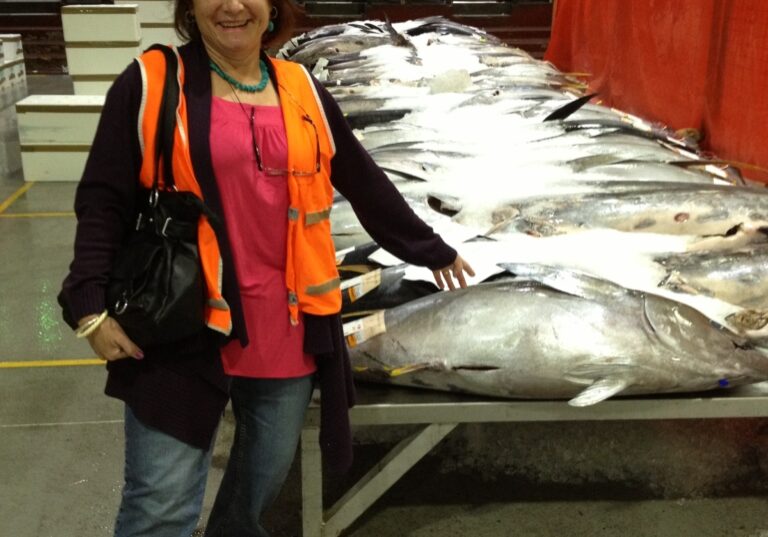
Christine Aston
Christine Aston 2024 Update It is now 8 years on since I wrote about my introduction to the fishing Industry, and much has changed for us. Back in 2012 we had brought a barge and started a part time business transporting vehicles, people and goods between French Pass and D’Urville Island, which took off in…
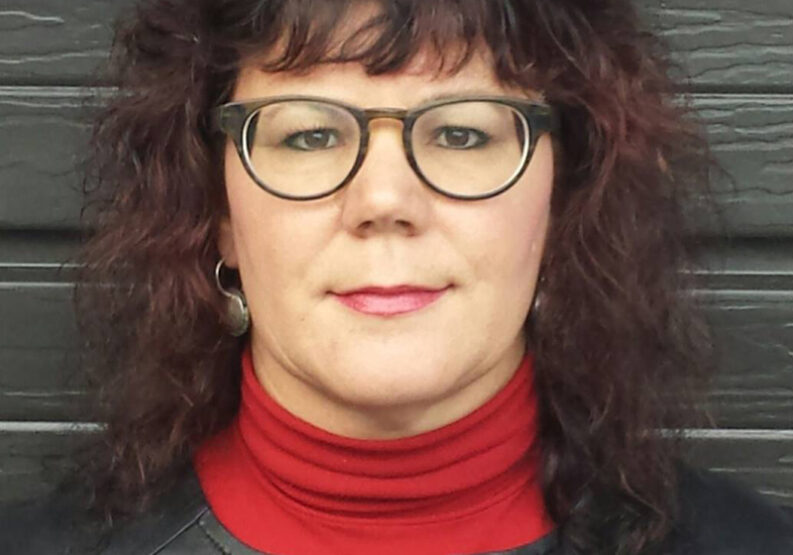
Diane Frost
Fishing Contract Services (commercial) Diane Frost 2024 UPDATE My involvement in the Seafood Industry is now a small role comprising some administrative and quota management work only. In 2008 I began studies and retrained as a social worker. I worked part time practicing social work alongside the fishing industry from 2011. I did continue having…
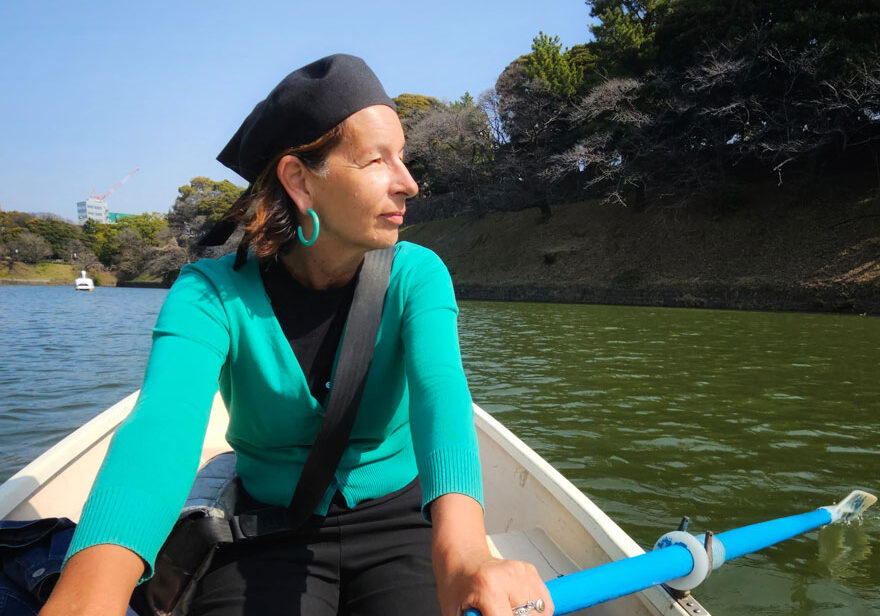
Nici Gibbs
Director, Fathom Consulting Ltd 2024 PROFILE UPDATE I’ve been involved in fisheries policy for over 25 years now and it’s interesting to look back and see what the fishing industry has been able to achieve and what we haven’t managed to do (yet). We’ve achieved a lot in terms of industry responsibility for fisheries management –…

Betty Pinkney – Fisher
Betty Pinkney (1936 – 2023) Updated 2024 With deepest respect, we advise that our lovely Betty passed away on 20 October 2023. Kohukohu won’t be the same. Betty passed away peacefully with all her family at her side. Thank you for all you did to serve this industry, Betty; to make a path which made…
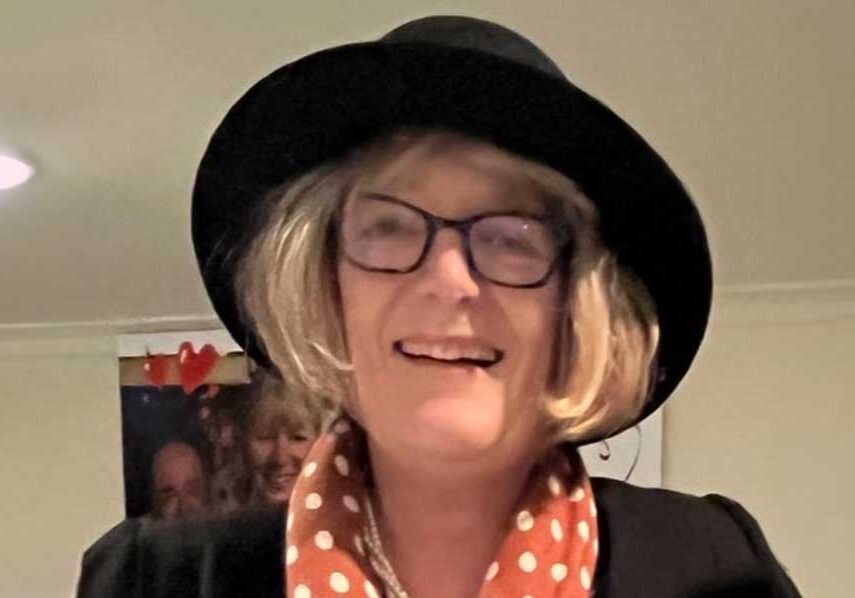
Jenny Cooper
Jenny Cooper Marketing and strategic business Manager – Westhaven Marketing Ltd. Profile Update: March 2024 After completing a B.Com(Ag) majoring in Economics and marketing, my career has always been involved in marketing and exporting primary products: Processed : berryfruit, dairy and shellfish. Researching and understanding food in a variety of food applications and targeted food sectors…
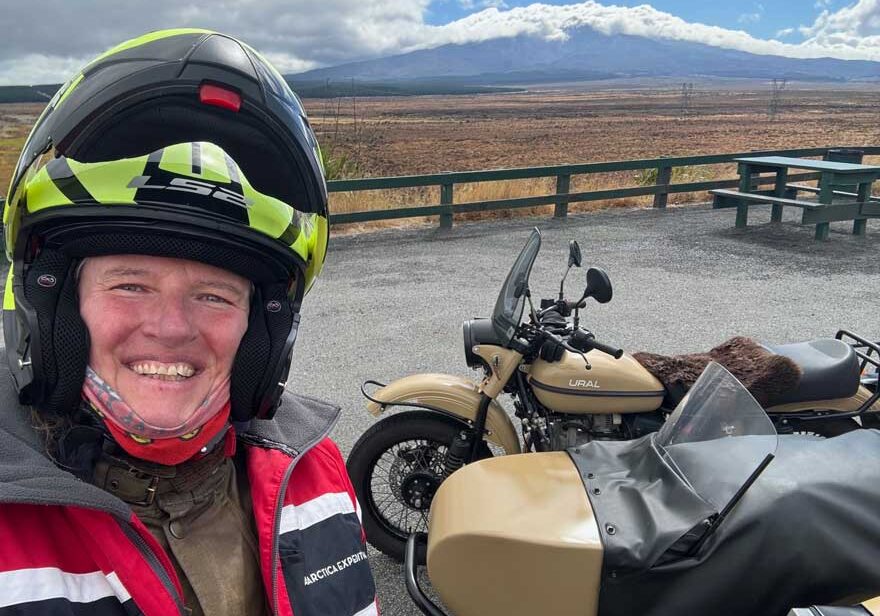
Katherine Short – F.L.O.W. Collaborative
PROFILE UPDATE: MARCH 2024 KATHERINE SHORT TERRA MOANA LIMITED – NEW ZEALAND Coming from a maritime family, I have been in, on, and under the water all my life. Although I loved living in Switzerland where I worked for WWF International, being away from the ocean was desiccating and so I came home. Having spent nearly…

